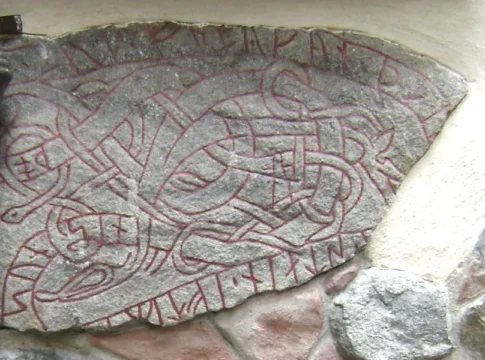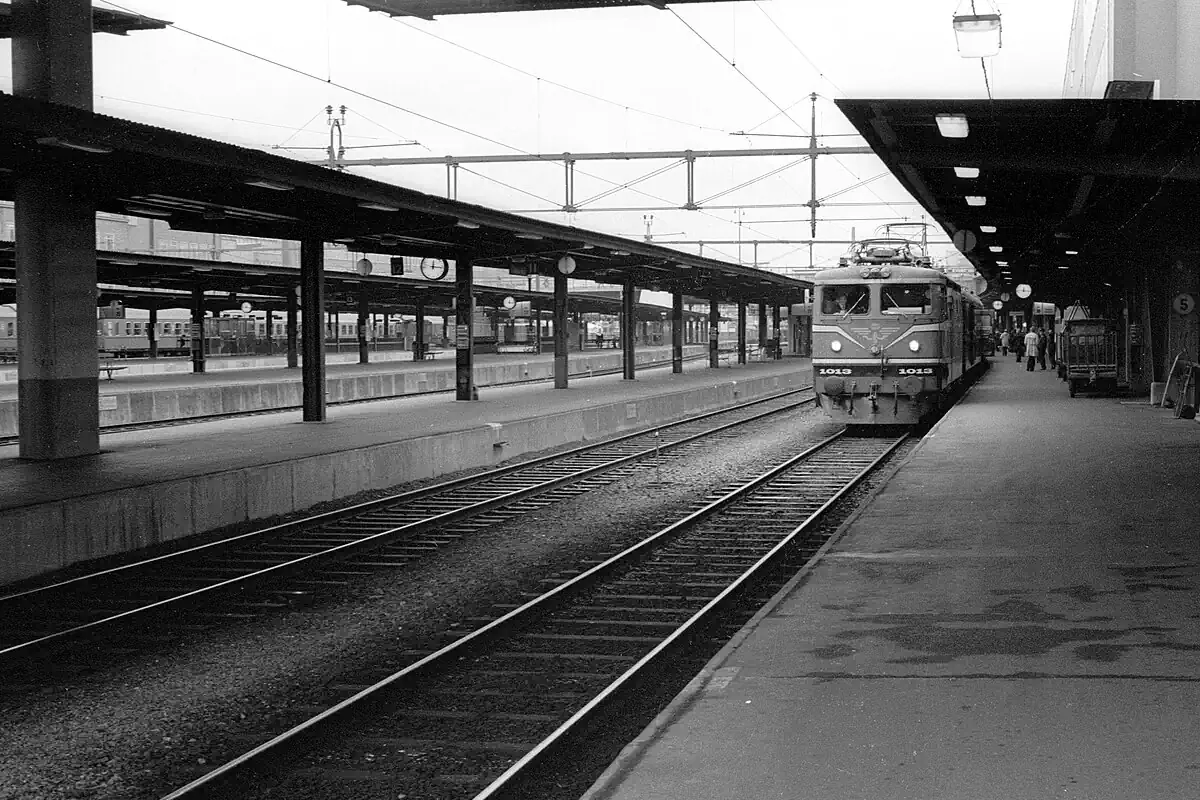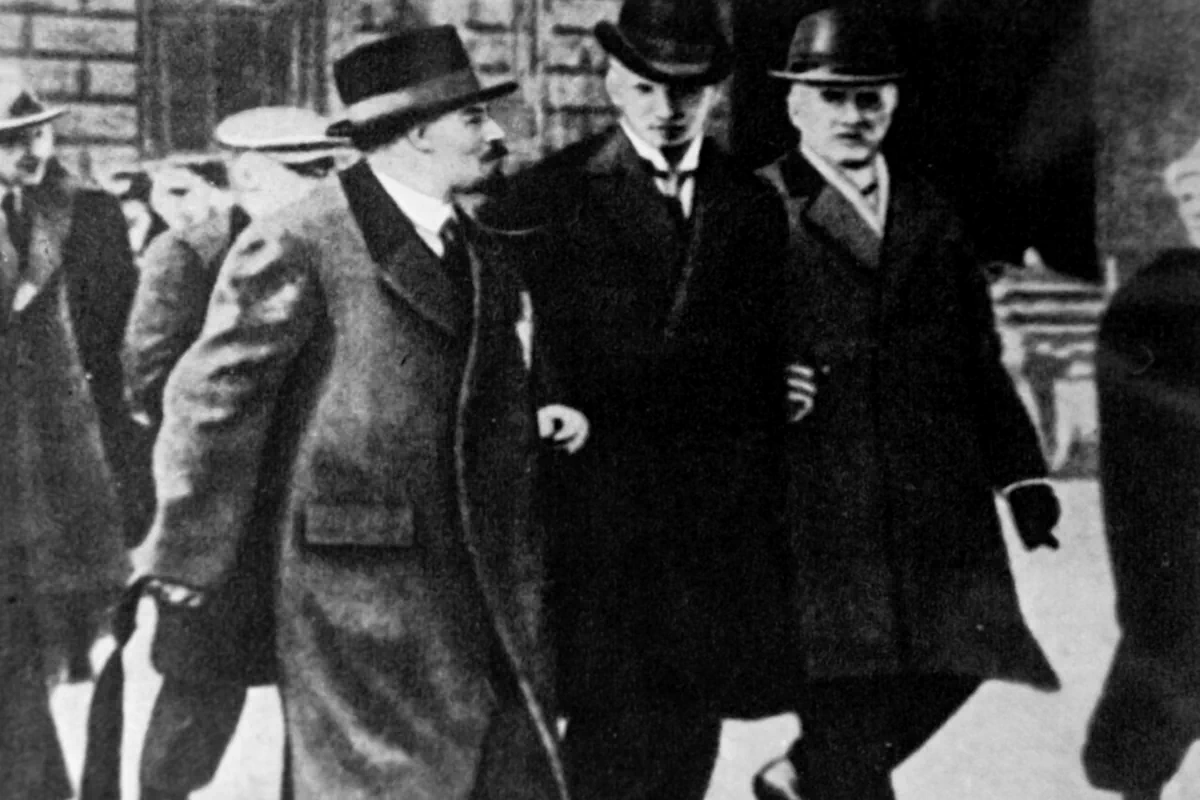 Photo: Albertyanks Albert Jankowski (Public Domain)
Photo: Albertyanks Albert Jankowski (Public Domain)
Stockholm Central Station: A historic hub of travel and culture
In the very heart of the city stands Stockholm Central Station (Stockholms centralstation), Sweden’s busiest railway hub. Serving more than 250,000 passengers daily, it combines historic architecture with modern convenience. For travelers, it’s not just a gateway to Sweden but also a destination filled with food, design, and history.


Navigating Stockholm Central Station
Despite its size, Central Station is relatively easy to navigate:
- Main entrance: From Vasagatan, leading to the central hall, taxis, and nearby hotels.
- Metro connection: The lower level links directly to T-Centralen, where all metro lines converge.
- Commuter trains: The connected Stockholm City Station (2017) now handles pendeltåg commuter traffic.
- Traveler services: Ticket offices, luggage storage lockers, paid bathrooms, and free Wi-Fi are available throughout the station.
- Food & cafés: From bakeries and coffee bars to full-service restaurants—perfect for a quick bite or a relaxed meal.
A journey through time
Designed by architect Adolf W. Edelsvärd, Central Station opened on July 18, 1871. Since then, it has undergone several key transformations:
- 1925–1928: Architect Folke Zettervall created the iconic central hall, 119 meters long and bathed in light—giving the station its “cathedral-like” feel.
- 1951: The Vasagatan façade was modernized with a cleaner, more functional design.
- 1958: An underground passage linked the station directly to the metro, streamlining travel.
- 2017: Stockholm City Station opened below, allowing Central Station to focus on regional and long-distance trains.




More than a transit hub
Today, Stockholm Central is as much a meeting place as a travel point. Travelers can browse shops, enjoy Swedish and international cuisine, or simply take in the art and design scattered across its halls. Seasonal exhibitions and decorations often transform the concourse into a cultural experience, reminding visitors that this is not just a station—it’s a living part of Stockholm.
Gateway to Stockholm’s attractions
Central Station’s location makes it the perfect starting point for sightseeing. Within a short walk you can reach:
- Stockholm City Hall – 11 minutes away, home of the Nobel Banquet and one of the city’s most famous landmarks.
- Gamla Stan – Stockholm’s Old Town, with cobbled streets, colorful houses, and centuries of history.
- Royal Palace – One of Europe’s largest palaces, still serving as an official royal residence.
Quick Facts – Stockholm Central Station
- Opened: 1871
- Architect: Adolf W. Edelsvärd
- Passengers daily: ~250,000
- Metro connection: T-Centralen (all metro lines)
- Nearby highlights: City Hall, Gamla Stan, Royal Palace
Visit Info
![]() Stockholm Central Station
Stockholm Central Station
![]() Stockholms centralstation
Stockholms centralstation



